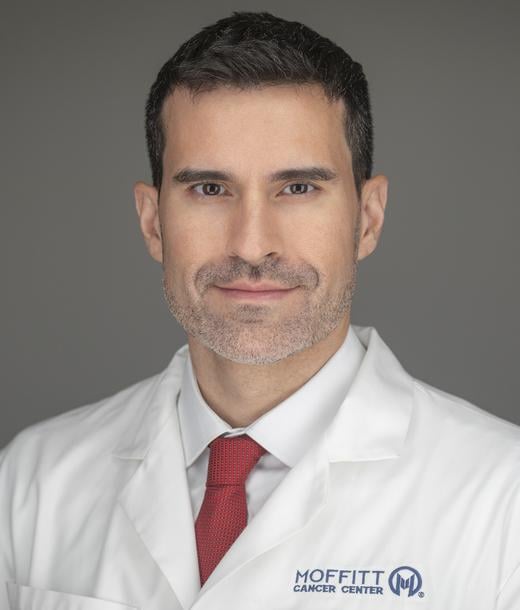Actor's Diagnosis Highlights Rise of Colorectal Cancer in Younger ...
For more than 25 years, millennials have argued over whether they are Team Dawson or Team Pacey. James Van Der Beek, 47, is best known for his role as Dawson Leery on the teen drama television series, “Dawson's Creek.” This week, Van Der Beek announced he was diagnosed with colorectal cancer. The TV star shared he has been dealing with the diagnosis privately and is “taking steps to resolve it.”

The U.S. Preventive Services Task Force changed its colorectal screening guidelines in 2021. Now, people at average risk should start screenings at age 45, five years earlier than previously recommended.
“Unfortunately, every day we are seeing young patients with suspicious symptoms like rectal bleeding, unexplained weight loss and change in bowel movements,” said Tiago Biachi, MD, a medical oncologist in the Gastrointestinal Oncology Department at Moffitt Cancer Center. “Patients have had these symptoms for many months and never had a colonoscopy because their doctors said that they were too young to get it.”
Tiago Biachi, MD
Colorectal cancer is the fourth leading cause of cancer-related deaths in the U.S. According to the American Cancer Society, colorectal cancer rates have been increasing by 1% to 2% a year since the mid-1990s in people younger than 55 years of age. Specialists like Biachi want younger adults to know that early detection of colorectal cancer can save lives. “We need to educate the patients and doctors that we need to screen asymptomatic people, and cases with symptoms must be investigated regardless the age,” Biachi said.
There are various tests that can be used to screen for colorectal cancer. In July of this year, the U.S. Food and Drug Administration approved the Shield blood test, which is the second blood test approved by the FDA to screen for colon cancer. “The Shield blood test looks for DNA fragments shed by tumor cells and precancerous growths in the blood,” Biachi said. “These microscopic fragments can be identified before cancer spreads, or even in very early stages, when survival rates are much higher.”
Now that the Shield blood test has received FDA approval, Medicare and private insurance companies are more likely to cover the cost of the test, which would make it widely accessible and affordable for patients. “More than 1 out of 3 eligible Americans — over 50 million people — have never had a colorectal cancer screening,” Biachi said. “This is mainly due to perception that colonoscopies or stool-based tests are inconvenient and invasive. Young people are more active and sometimes they do not want to take the entire day off work for the procedure.”
Although blood tests for colorectal cancer are an easier option for patients who would likely not be screened otherwise, studies show the tests are not as effective as colonoscopies. The next step after a patient receives a positive Shield test is to get a colonoscopy procedure scheduled.
“Precancerous lesions, such as polyps, don’t have the same capacity to shed cancer cells in the blood, reducing the accuracy of this test for that type of lesion,” Biachi said. “For this type of lesion, a colonoscopy can be diagnostic and therapeutic because by removing that polyp, we are going to prevent cancer transformation years later.”















































